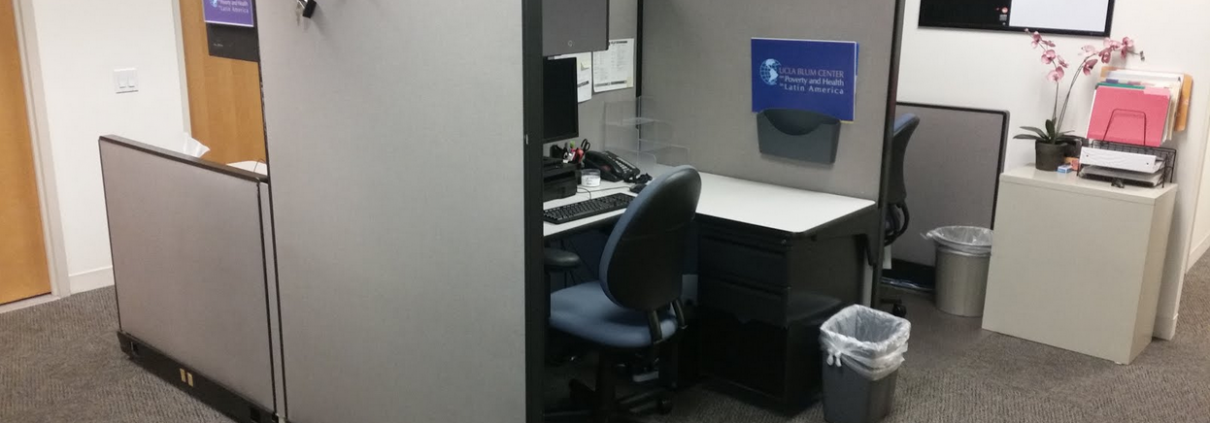Social Cohesion?
By Kurt Klein MPP ’16
If you just drop “social cohesion” into conversation, most people will nod their head and understand the gist of what you are talking about. If pushed further, they would define it along the lines of how cooperative a society is. In general, decision makers throughout the world would tell you that they want more social cohesion and it is easier to accomplish policy objectives if there is more of it. But what are its components? For example, how much of social cohesion is lowering income inequality? What effect does increasing political participation have on the matter? Is access to public services like healthcare and education important? Also, how do we determine if today we have more social cohesion than 20 years ago? What verifiable differences can you point out when comparing Europe’s social cohesion to that of the United States? Which practices generate social cohesion so that it can be used for positive outcomes?
Social cohesion has existed as a concept within the field of sociology for over 120 years. However, policy makers began serious discussions of the questions above only within the last 30. Furthermore, this policy discussion predominately takes place in the European Union and Latin America.
The social cohesion project at the UCLA Blum Center is working to tap into the knowledge regarding social cohesion that has been generated in Europe and Latin America. We are interviewing experts from these two regions to see how they define and operationalize this extraordinarily abstract concept. In addition, we want to know how they developed and implemented programs to promote social cohesion. Moreover, we would like to know how this idea could be used in the United States, specifically in regards to health outcomes.
It is fair to say that social cohesion is missing from the minds of policymakers in the United States. But at the same time, the notion is gaining traction. Consequently, our work has the possibility of pioneering a new way of observing policy outcomes. I’m looking forward to seeing what conclusions come out of our research. Even more exciting will be what policy makers eventually do with it.










